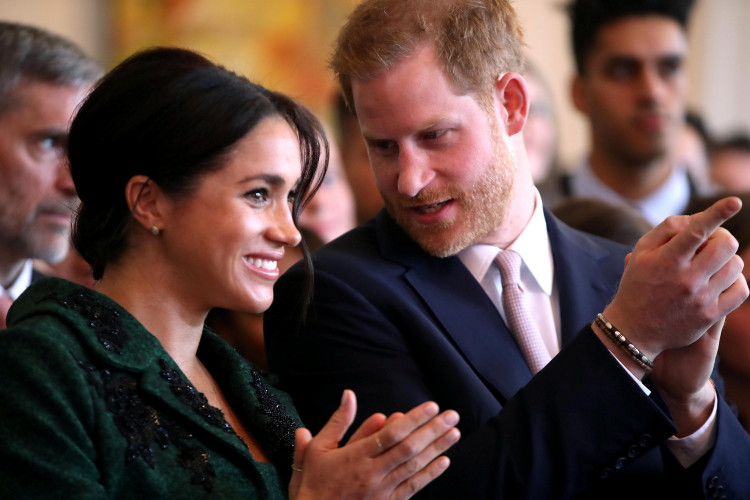In an unprecedented legal challenge that could reshape the conventional pathways to U.S. citizenship and its intersection with foreign titles, Prince Harry, the Duke of Sussex, finds himself at the heart of a constitutional debate. The Prince's contemplation of American citizenship, as revealed in a candid interview with Good Morning America, has ignited a complex legal discourse surrounding the renunciation of royal titles and allegiance to foreign sovereignty, particularly against the backdrop of his father, King Charles III's, health concerns.
According to Alphonse Provinziano, a seasoned attorney at Provinziano & Associates, Prince Harry's ambition to retain his royal title while acquiring U.S. citizenship may contravene existing laws that mandate the renunciation of titles and foreign allegiances. This requirement does not apply to native-born Americans, allowing for unique cases like that of Grace Kelly, who became Princess of Monaco while retaining her American citizenship, and Harry's own children, who hold titles by birthright.
The crux of the issue lies in a potential equal protection clause violation under the 14th Amendment, as posited by Provinziano. This legal anomaly treats naturalized citizens differently from those born within the U.S., raising questions of constitutional fairness and equality. The situation is further complicated by Meghan Markle, Duchess of Sussex, an American citizen with a royal title, highlighting the inconsistencies in the current legal framework.
Prince Harry's potential legal battle could ascend to the Supreme Court, offering a rare judicial review of laws governing citizenship and titles. This scenario presents a unique constitutional quandary, given the sparse precedent of American citizens holding foreign titles and the potential implications for the British Monarchy's line of succession.
Beyond the legal implications, this issue resonates with the American ethos of fairness and underdog triumph. The Duke's predicament underscores a broader narrative of equitable treatment under the law, irrespective of one's origins or titles. This sentiment is amplified by Harry's popularity in the U.S. and his contributions to public life, including his work with the Invictus Games for wounded veterans.
Moreover, the Duke's previous admissions of drug use, detailed in his memoir "Spare," have spurred additional scrutiny regarding his eligibility for U.S. citizenship. Despite the controversy, U.S. government lawyers have defended the privacy of Harry's immigration records against demands for public disclosure, citing a lack of public interest that outweighs the Duke's privacy rights.
An alternative path to citizenship, akin to the honorary status bestowed upon Winston Churchill, could circumvent the conventional requirements, allowing Harry to retain his titles without the standard oath of allegiance. This approach, however, might be perceived as special treatment, conflicting with the egalitarian principles of U.S. law.
As Prince Harry navigates this legal labyrinth, his journey encapsulates a broader dialogue on citizenship, privilege, and the evolving nature of national allegiance in a globalized world. The outcome of this high-profile case could not only redefine Harry's personal identity but also set a precedent for future naturalization cases, blending royal heritage with American citizenship.





